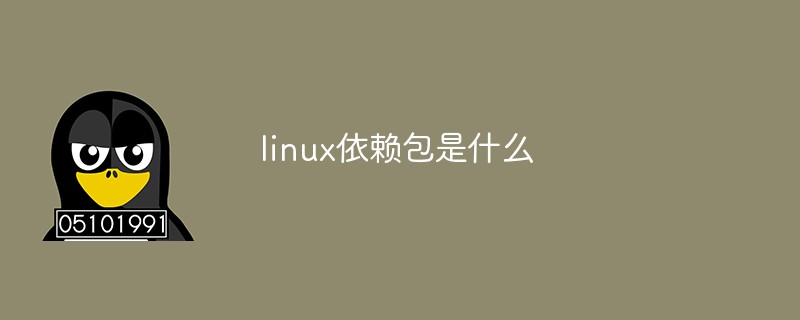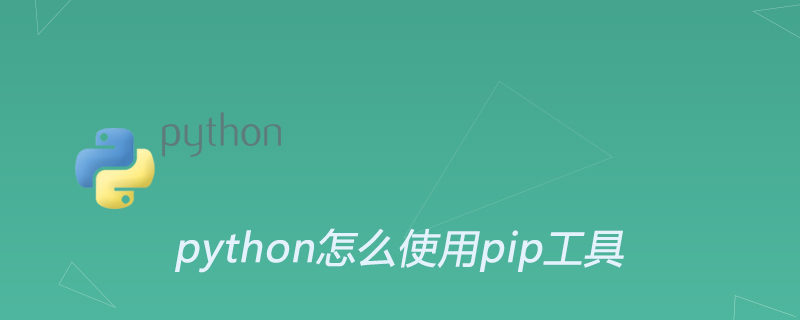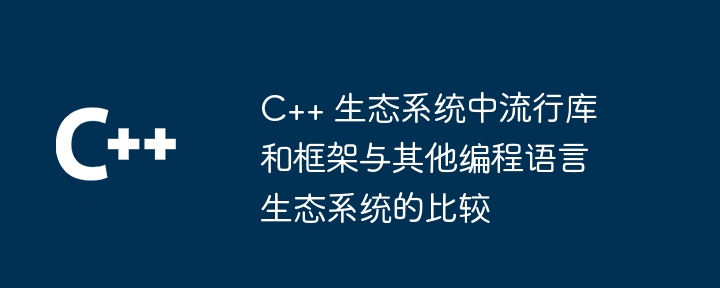<?php
namespace Stringy;
if (!function_exists('Stringy\create')) {
/**
* Creates a Stringy object and returns it on success.
*
* @param mixed $str Value to modify, after being cast to string
* @param string $encoding The character encoding
* @return Stringy A Stringy object
* @throws \InvalidArgumentException if an array or object without a
* __toString method is passed as the first argument
*/
function create($str, $encoding = null)
{
return new Stringy($str, $encoding);
}
}Strings are mainly used for programming. See the text for concept explanations, function explanations, and usage details. Here is an additional point: strings are similar to character arrays in storage, so each of its individual elements can be extracted. For example, s="abcdefghij", then s[1]="a", s[10]="j", and the zero position of the string is its length, such as s[0]=10 (※ The above function Ansistring No.), which can provide us with a lot of convenience. For example, each bit can be converted into a number and stored in an array during high-precision operations.
A string or string (String) is a string of characters composed of numbers, letters, and underscores. Generally recorded as s=“a1a2···an” (n>=0). It is a data type that represents text in programming languages. In programming, a string is a continuous sequence of symbols or values, such as a symbol string (a string of characters) or a binary digit string (a string of binary digits).
Usually the entire string is used as the operation object, such as: finding a substring in the string, obtaining a substring, inserting a substring at a certain position in the string, deleting a substring, etc. The necessary and sufficient conditions for two strings to be equal are: the lengths are equal, and the characters at each corresponding position are equal. Assume that p and q are two strings. The operation of finding the position where q first appears in p is called pattern matching. The two most basic storage methods of strings are sequential storage and linked storage.
All resources on this site are contributed by netizens or reprinted by major download sites. Please check the integrity of the software yourself! All resources on this site are for learning reference only. Please do not use them for commercial purposes. Otherwise, you will be responsible for all consequences! If there is any infringement, please contact us to delete it. Contact information: admin@php.cn
Related Article
 How to use php extension mbstring for multibyte string manipulation
How to use php extension mbstring for multibyte string manipulation29Jul2023
How to use PHP extension mbstring for multi-byte string operations Summary: When dealing with multi-byte strings, it is very important to use PHP's mbstring extension. This article describes how to use the mbstring extension for multi-byte string operations and provides relevant code examples. Introduction: When processing multi-byte strings, we often encounter some problems, such as counting string lengths, intercepting substrings of specific lengths, converting character encodings, etc. These problems can be solved by using PHP's mbst
 How to import third-party libraries in ThinkPHP
How to import third-party libraries in ThinkPHP03Jun2023
Third-party class libraries Third-party class libraries refer to other class libraries besides the ThinkPHP framework and application project class libraries. They are generally provided by third-party systems or products, such as class libraries of Smarty, Zend and other systems. For the class libraries imported earlier using automatic loading or the import method, the ThinkPHP convention is to use .class.php as the suffix. Non-such suffixes need to be controlled through the import parameters. But for the third type of library, since there is no such agreement, its suffix can only be considered to be php. In order to easily introduce class libraries from other frameworks and systems, ThinkPHP specifically provides the function of importing third-party class libraries. Third-party class libraries are uniformly placed in the ThinkPHP system directory/
 Use jquery.noConflict() to solve the problem of conflicts between jquery library and other libraries
Use jquery.noConflict() to solve the problem of conflicts between jquery library and other libraries20Jun2017
When developing with jQuery, you may also use other JS libraries, such as Prototype, but conflicts may occur when multiple libraries coexist; if conflicts occur, you can solve them through the following solutions: 1. jQuery libraries in other Import the library before and use the jQuery (callback) method directly such as:
 What are linux dependency packages
What are linux dependency packages24Mar2023
Linux dependency packages refer to "library files". Most dependency packages are library files, including dynamic libraries and static libraries. Linux systems, like other operating systems, are modular in design, which means that functions depend on each other, and some Functions require some other functions to support them, which can improve code reusability.
 How to use pip tool in python
How to use pip tool in python02Jul2019
After installing python, if you need to install some other libraries, there are generally two methods. One is to manually download and install them from the official website of each library; the other method is to install pip. Using pip can easily install various python libraries. library. After installing pip, you can directly install and delete third-party libraries through commands.
 How popular libraries and frameworks in the C++ ecosystem compare to other programming language ecosystems
How popular libraries and frameworks in the C++ ecosystem compare to other programming language ecosystems02Jun2024
Popular libraries and frameworks in the C++ ecosystem compared to other programming language ecosystems Introduction C++ is a language critical to systems programming, with an extensive and robust ecosystem of libraries and frameworks. This article will compare libraries and frameworks in the C++ ecosystem with those in the ecosystem of other popular programming languages, focusing on features, performance, and ease of use. Library Standard Library: The C++ standard library provides a wide range of data structures, algorithms, and input/output functions. Although other languages have similar standard libraries, C++'s libraries are known for their efficiency and flexibility. Boost Library: Boost is a widely used collection of third-party libraries that provide many additional features not found in the standard library. It is known for providing various cross-platform features such as threading,


Hot Tools

PHP library for dependency injection containers
PHP library for dependency injection containers
A collection of 50 excellent classic PHP algorithms
Classic PHP algorithm, learn excellent ideas and expand your thinking
Small PHP library for optimizing images
Small PHP library for optimizing images




